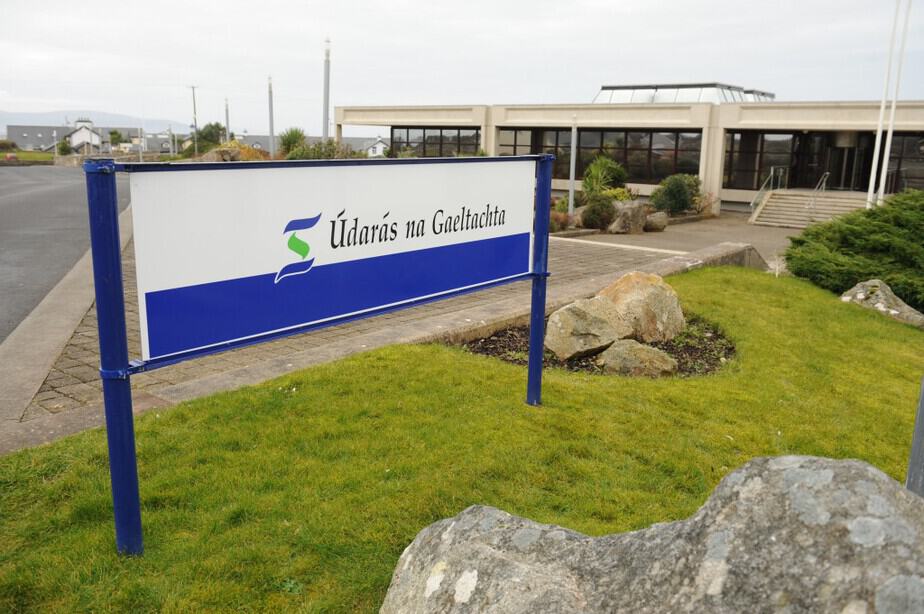AN internal memo at a company in west Donegal instructing staff to communicate in the English language has been withdrawn.
The Board of Údarás na Gaeltachta were informed by bosses at Randox that the the memo was circulated to staff at the company’s Dungloe base ‘in error’.
The memo, which came into the public domain yesterday, was sent by the HR department and addressed to ‘all staff’.
“You must be mindful work colleges can feel isolated and excluded if you are speaking a different language around them,” staff were told.
“English must be spoken at all times in the workplace, whether you are discussing work or having a casual conversation with a fellow staff member.
“To facilitate effective communication between everyone within the company, locally and globally it is essential that all staff communicate, both written and verbally in English at all times. Failing to do so is not acceptable.”
The memo caused a stir given that Randox are a client company of Údarás na Gaeltachta in Donegal.
Údarás na Gaeltachta board members discussed the matter at a meeting today.
“The Board were informed that Randox had confirmed that a company communication regarding use of English within the workplace related to company operations in a different jurisdiction and had been sent to their An Clochán Liath facility in the Donegal Gaeltacht in error, as it did not pertain to the An Clochán Liath facility,” a statement said.
“The communication was immediately withdrawn when realised.
“The company have confirmed that they remain fully engaged and committed to the community of An Clochán Liath and west Donegal in general and are fully committed to all aspects of the Irish Language and Culture in the workplace and in the wider community.”
Údarás na Gaeltachta said that the 2016 census showed that 13 per cent of the population spoke a language other than Irish or English.
The statement said: “The Board appreciates the importance of multilingualism to Ireland’s cultural and economic wealth. It was agreed that all languages used in Ireland should be valorised, that those settled here should be encouraged to learn Irish and use it as far as possible in the workplace if they so desire. The children of our New Irish are tomorrow’s Irish speakers.”
Tags:







